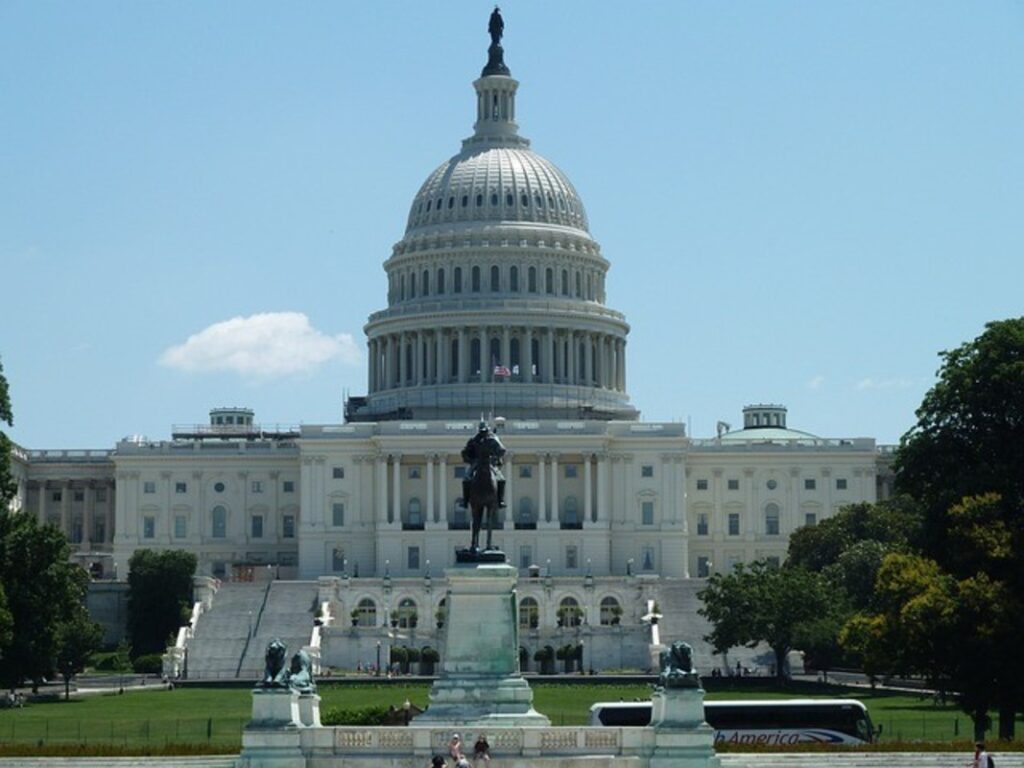Summary
TLDR: On a Bitcoin standard, governments will struggle to fund themselves without the ability to tax income or consumption. A future economy based on peer-to-peer Bitcoin transactions would be tax-free, forcing governments to become more decentralized and reliant on voluntary funding. Politicians may resist this shift and attempt to control or manipulate Bitcoin to maintain their power and influence.
Key Points
1. Governments will need to find alternative methods of funding themselves on a Bitcoin standard, as traditional methods such as income and consumption taxes will no longer be feasible.
2. A decentralized customer service model may emerge, where governments are voluntarily funded by citizens, leading to smaller and more fiscally responsible government entities.
3. Politicians may resist the transition to a Bitcoin standard, as it threatens their current power structure and influence, potentially leading to attempts to co-opt or hinder the adoption of Bitcoin.


